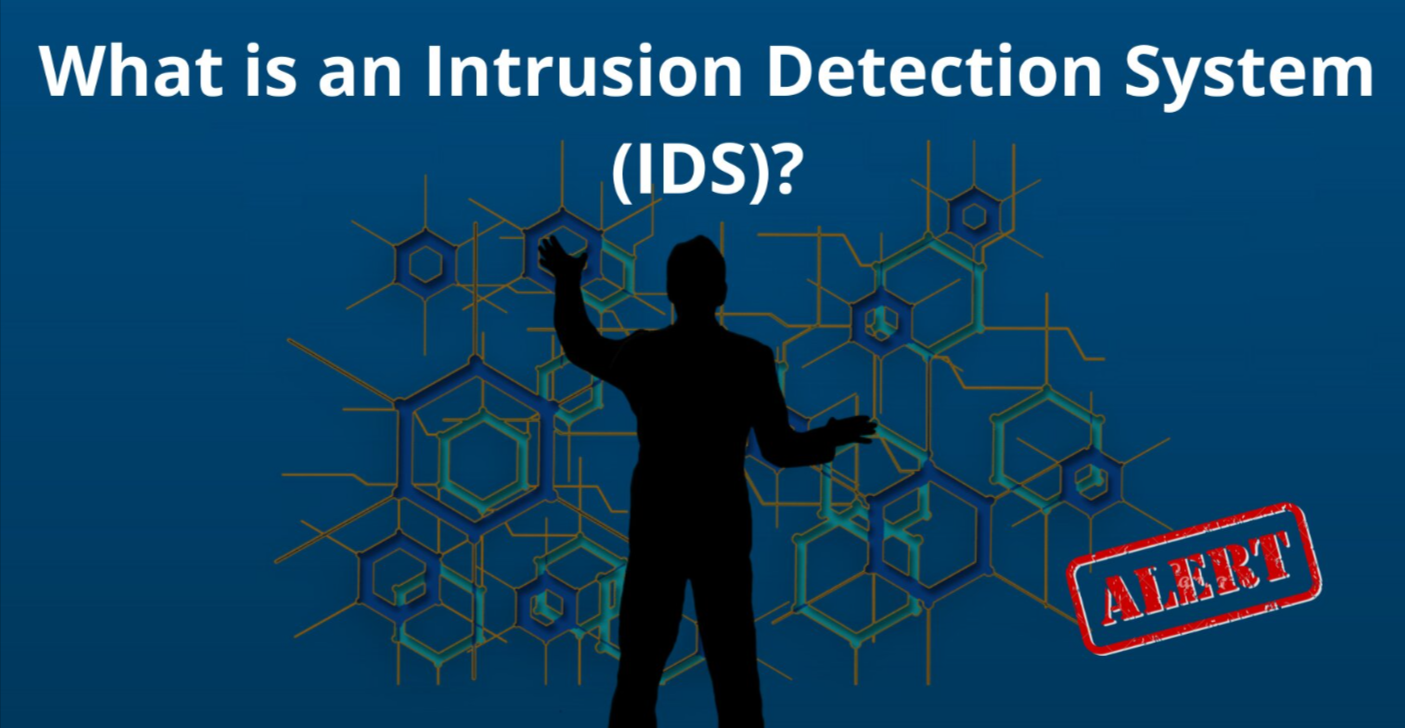The Role of Firewalls in Cyber Threat Defense

Be it tackling a huge corporate assignment with simultaneous Internet browsing at home or dealing with confidential government information, firewalls become highly essential to guarding all these digital treasures from online threats. So, what really is a firewall, and how does it function to keep away cyber evildoers? Firewalls will be discussed as to what they would provide for cyber-protection, the mechanism of how they function that would cross with different types, and why they matter in the infrastructure of security even today.
What's a Firewall, Anyway?
A firewall is a hardware or software device that works like a guard, observing and managing all incoming and outgoing network data packets, per the already enforced safety policy. The Firewall works as a bouncer in between its own inner trusted safe network and numerous shady outer networks of the internet.
All about allowing cool legit data while kicking out the sketchy ones that might ruin everything-the viruses or sneaky peeps trying to break in. Imagine a bouncer in your digital club giving a hard stare to every bit of info that wants to get into or bounce out from your network party.
Why Are Firewalls Important?
With rising incidences of cyber attacks-from hacking, malware infiltration, ransomware, to phishing-fires truly stand as the gatekeepers of network security. They prevent outsiders from penetrating the private networks and render the bad guys unable to exploit system flaws.
Main Reasons Firewalls Matter a Ton for Keeping Our Cyber World Safe:
Firewalls are the first line of defense to prevent bad users like hackers or intruders from accessing the devices or networks that they want to get into.
Stops malware: These walls can block harmful traffic that carries viruses, spy ware, or any kind of malware.
Monitors Network Traffic: Firewalls keep traffic log across the passage which might really help in identifying any kind of strange activity or the threat that lurks in the network.
Guarding Secrets: Firewalls usually keep access from those who should not see any confidential information, hence it will be protect personal information.
Network Segregation for Security: Firewalls act like bouncers in the world of networking-creating VIP areas within internal networks to ensure that important information gets some degree of shielding from external perpetrators.
How Firewalls Put Up Their Guard?
Firewalls enforce rules on network traffic. The rules decide if data packets coming in or going out can pass or get stopped. They look at stuff like IP addresses, port numbers, and protocols to make these calls.
So here's the lowdown on a simple firewall:
Traffic Filtering: The firewall scans each data packet's origin and destination to see if it fits the allowed patterns in its rules. It lets through the traffic that fits; otherwise, it stops it.
Stateful Inspection: Firewalls remember active connections and let through packets from these connections . Say your computer wants to reach a website; the firewall will pass the site's response but keep out any other traffic you didn't ask for.
Packet Filtering: By checking data packets against set rules like IP addresses, ports, or protocols, firewalls make sure the right kind of traffic gets into the network.
Proxying and NAT: Certain firewalls serve as a proxy. They get user requests and send them on once they've looked them over. This brings a new security layer hiding your inner network from being seen.
Kinds of Firewalls
You'll find a bunch of different firewalls out there, and each one comes with its own perks for different setups and how much protection you need. We got two big groups: the ones that are built into hardware and the ones that are software you install.
1. Packet-Filtering Firewalls
So packet-filtering firewalls are pretty much the basics. They take a look at the chunks of data zipping through the network and sort 'em out using rules like where the data's coming from or heading to, the type of digital door it's knocking on (that's the port number), and the way it's talking (the protocol). If a chunk of data fits a rule that says "come on in," then off it goes through the network. If not, it gets the boot.
Packet-filtering firewalls quick and effective they might be, offer just a rudimentary security shield. They fail to examine what the data traffic contains. This oversight may cause them to miss some sneaky threats like malware or the possibility of data leaks.
2. Stateful Inspection Firewalls
These firewalls take it up a notch by monitoring active connection states. They check out the entire context of a chat to make sure the legit packets from ongoing talks pass. This firewall gets whether a packet's part of a connection that's already going or if it's some fresh not-okay request.
Stateful inspection firewalls provide improved protection over packet-filtering ones since they monitor the connection's status. Despite this, figuring out fancy threats, like sneaky malware in encrypted traffic, remains tough for them.
3. Proxy Firewalls
Proxy firewalls, or those for applications serve as a go-between for a user and the network they want to reach. When someone asks for stuff on the internet, the proxy firewall steps in, sends out the ask, and then tosses the reply back to the requester.
Proxy firewalls boost detailed security by peeking into the application layer data. They check packet contents to make sure nothing nasty is in there. Plus, these firewalls can mess with network traffic to keep it anonymous and fend off certain attacks like the big bad Distributed Denial of Service (DDoS).
4. Next-Generation Firewalls (NGFWs)
Those cool Next-Generation Firewalls (NGFWs) mix old-school firewall traits with snazzy new features like intrusion stopping being smart about apps, and scrutinizing packet details. NGFWs are made to tackle those sneaky modern cyber threats going after specific apps or poking at weak spots.
Beyond just watching the roads and keeping out the no-no visitors, NGFWs got the power to pick out and block sneaky moves at the app layer. We're talking about soft spots in particular software and bad stuff hiding in secret code traffic.
5. Software Firewalls
"Software watchdogs" would be deployed on one's own devices, preferably a laptop or a phone, and observe everything that one does, should anything go wrong, for safety. These watchdogs can be customized pretty much the way you would like them, and they will integrate pretty well in keeping things tight in your home office or small business.
But therein lies the trouble: these alone are huge, muscular, software-bodyguards for hire to guard your personal space and to make sure the other guys don't enter, thus rightfully they won't provide full network coverage like hardware heavyweights.
6. Hardware Firewalls
Hardware firewalls are tangible devices placed between a network and the web. These gadgets find their place in companies or big organizations guarding large networks. They take on the role of a sentinel sifting through the traffic that goes in and out, making sure nothing sketchy gets through either way.
For a bunch of gadgets hooked up on the same network, hardware firewalls slap on a tougher kind of safety and big-shot organizations find them a breeze to handle.
Perks of Having Firewalls when Fighting Cyber Nasties
Firewalls bring a whole lot of pluses to the table when it comes to fending off digital baddies. Let’s check out some of the top perks they offer:
1. Keeping Out Unwanted Guests
Firewalls serve to prevent unauthorized folks from getting into a network. They stand as a wall that separates your internal network from outside dangers making sure the good stuff gets through.
2. Keeping Malware at Bay
Blocking known bad places where malware hangs out, firewalls do a pretty great job. They stop nasty software from crashing your party. Plus, they're on the lookout for weird traffic that might be a sign of a virus or some other bad news.
3. Stopping DDoS Attacks in Their Tracks
Denial of Service attack, or Distributed Denial of Service attack, is perhaps the most studied form of attack, whereby the attackers usually paralyze the entire infrastructure of the network with traffic. The firewall cleans up the traffic and allows the good requests instead.
4. Cutting the Network into Pieces
Firewalls rule the network in layers of protection because they actually protect sensitive domains that they segment and protect other parts from being compromised in case a certain segment is breached.
5. Keeping Records and Oversight
The firewalls record traffic logs for all network traffic to recognize patterns, detect anomalies, and analyze suspicious security incidents. The logs are used by network administrators and security professionals to maintain security.


